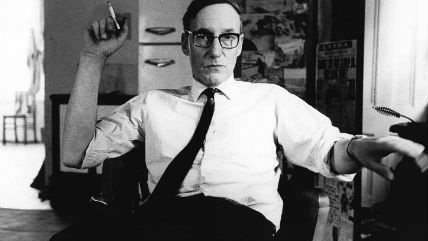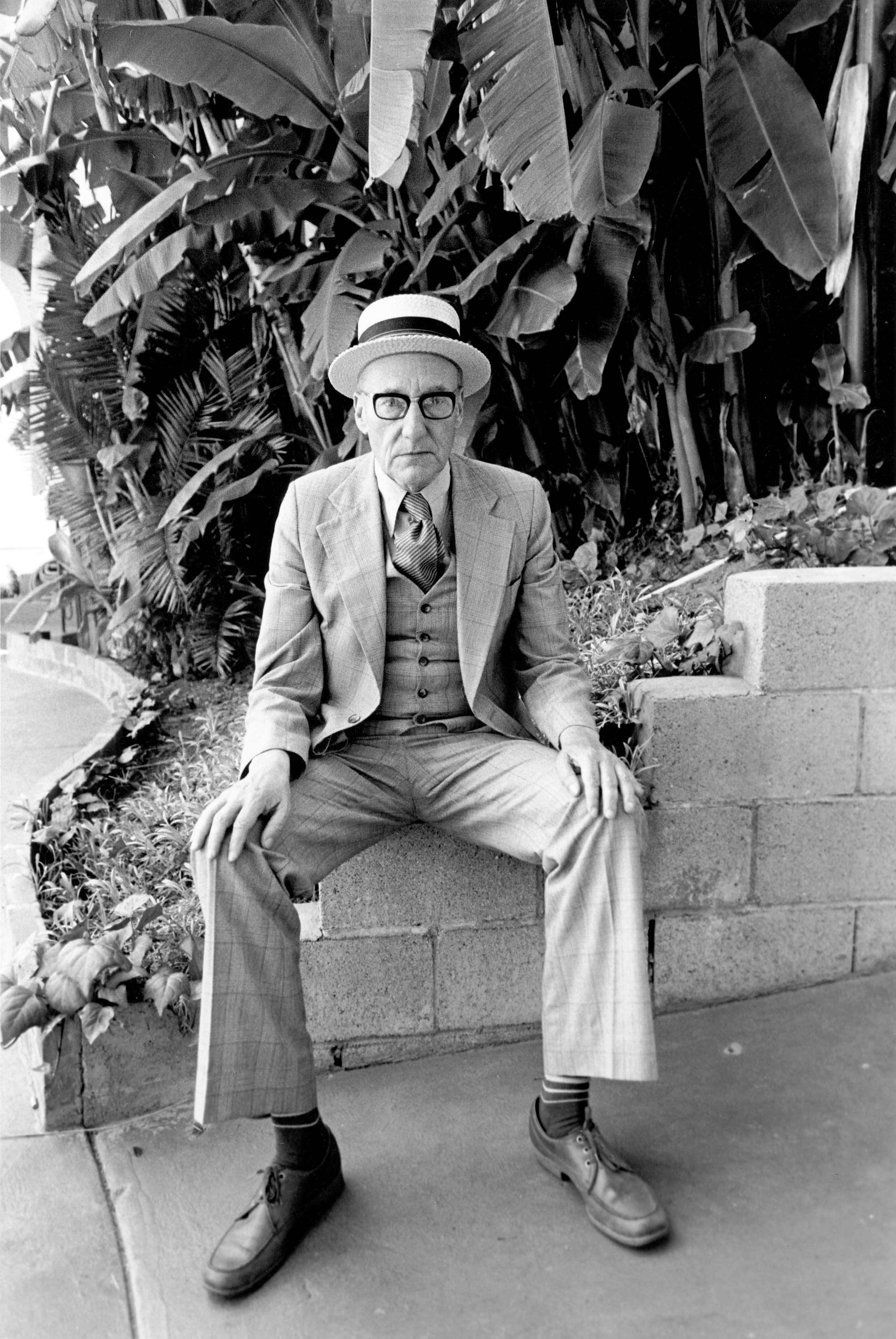Jesse Walker on William Burroughs' Anti-Authoritarian Vision


After Naked Lunch was published in 1959, William Burroughs graduated from unknown writer to literary celebrity. Today he is widely regarded, along with Allen Ginsberg and Jack Kerouac, as one of the three towering figures of the Beat movement. He was one of the most prominent figures in the emergence of the postwar counterculture, and his influence stretches well beyond the Beats to the bohemias of the '60s, the '70s, and beyond. In 2014, a century after his birth in St. Louis, his work remains a touchstone for alienated cynics of all kinds.
But Burroughs' worldview was miles from the peace-and-love socialism that our cultural clichés tell us to expect from a hippie hero, notes Jesse Walker. In 1949, according to Barry Miles' new biography Call Me Burroughs, he complained to Kerouac that "we are bogged down in this octopus of bureaucratic socialism." When he was a landlord in New Orleans he sent Ginsberg a rant against rent control, and when he found himself owning a farm in Texas he gave Ginsberg an earful about the evils of the minimum wage.
As a bisexual, a drug user, and a writer whose work was regularly damned as "obscene," Burroughs was no conventional conservative, points out Walker. But he was no conventional radical either.


Show Comments (0)